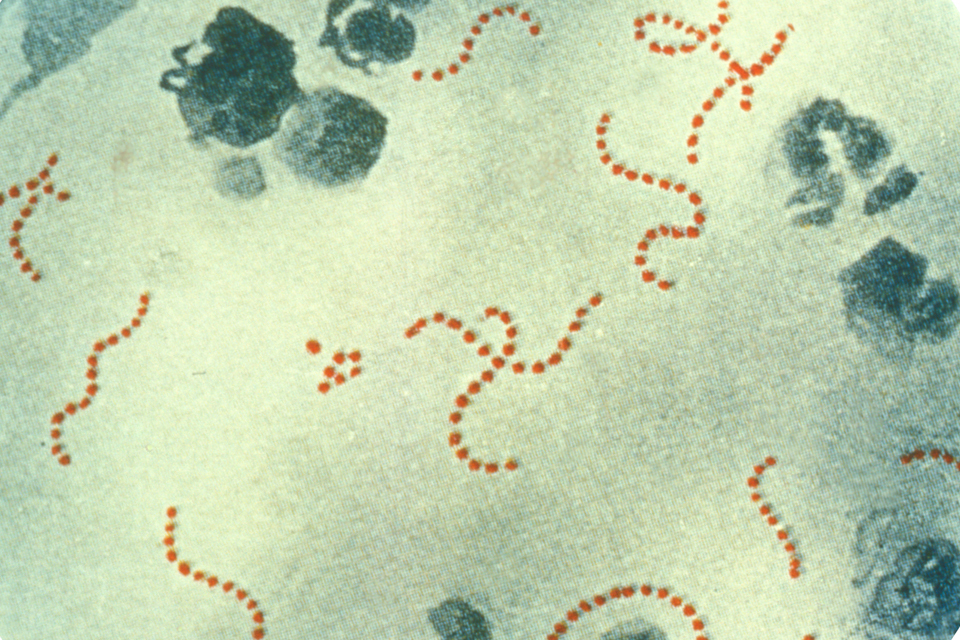Source: http://www.plymouthherald.co.uk/37-c...ail/story.html
37 cases of scarlet fever in the South West in the last week
By Plymouth Herald | Posted: February 27, 2016
37 cases of scarlet fever were reported in the South West last week, according to Public Health England.
Parents are urged to be on the lookout for symptoms after new cases of scarlet fever were recorded.
The warning is to try to stem the rise in cases of the illness - to catch it ahead of a peak in infections, which happen in March and April, as it is extremely contagious...
37 cases of scarlet fever in the South West in the last week
By Plymouth Herald | Posted: February 27, 2016
37 cases of scarlet fever were reported in the South West last week, according to Public Health England.
Parents are urged to be on the lookout for symptoms after new cases of scarlet fever were recorded.
The warning is to try to stem the rise in cases of the illness - to catch it ahead of a peak in infections, which happen in March and April, as it is extremely contagious...



Comment